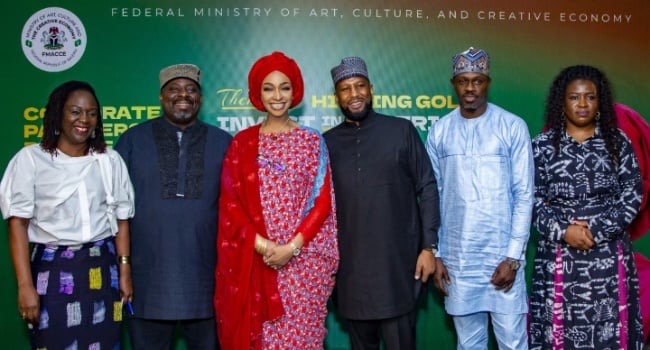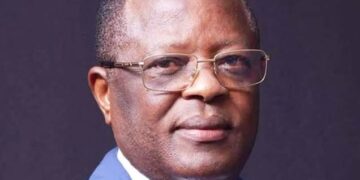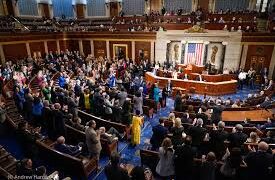The Federal Government has revealed details of a bold and strategic plan to generate at least $100 billion annually and create over 2 million jobs in Nigeria’s creative industries.
Minister of Arts, Culture, and Creative Industries Hannatu Musa Musawa announced the government’s plan on Wednesday at a roundtable for local and international investors where he laid out the ministry’s plan and roadmap.
Speaking at an event organized by the ministry, the minister said the plan, if fully implemented, could achieve the stated targets.
On the current state of the industry, She lamented that despite its enormous potential, Nigeria’s creative economy currently contributes only $5 billion to the economy, with different sub-sectors at different stages of development.
The sub-sectors include music (sound recording, live performances, and music videos), visual media (films, television shows, comedy shows, podcasts, and content creation), visual arts and crafts (canvas painting, design, sculpture, woodwork, and other crafts), Cultural Heritage and Museums, Culinary Arts, Fashion, Publishing (books; literature, poetry, magazines, etc.), Video Games.
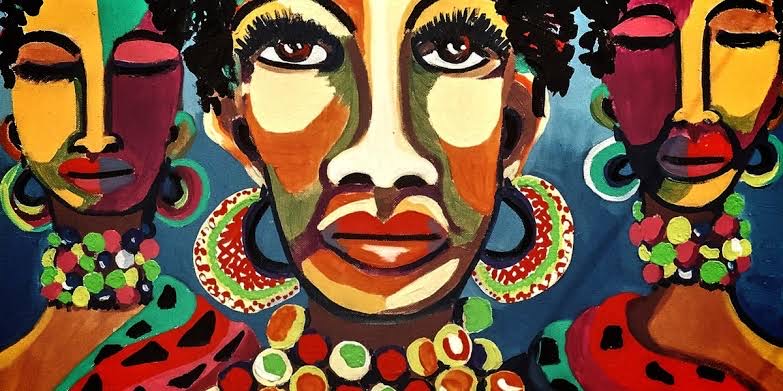
Strategic plans;
To achieve its ambitions, Musawa said the ministry has identified 14 key initiatives that will drive growth in the sector and significantly increase government revenue.
She grouped these initiatives into four unique pillars: technology, infrastructure, and financing, promoting international culture, and monetizing intellectual property.
Under the technology pillar, the minister said she intends to launch an accessibility program on digital content creation tools to provide improved and affordable digital tools to Nigerian creators.
Other plans include launching the Nigerian Content Distribution Initiative to promote the national adoption of digital content distribution tools, launching a study to estimate the size of Nigeria’s creative industry including a future market assessment framework, expanding internet access in underserved areas of Nigeria, and expanding the scope of other digital initiatives.
On infrastructure and financing, she said this means cataloging the existing arts, culture, and creative industries infrastructure and its current state, developing the right infrastructure required for the industry, leveraging public-private partnerships to raise development funds, and providing incentives to the creative industry.
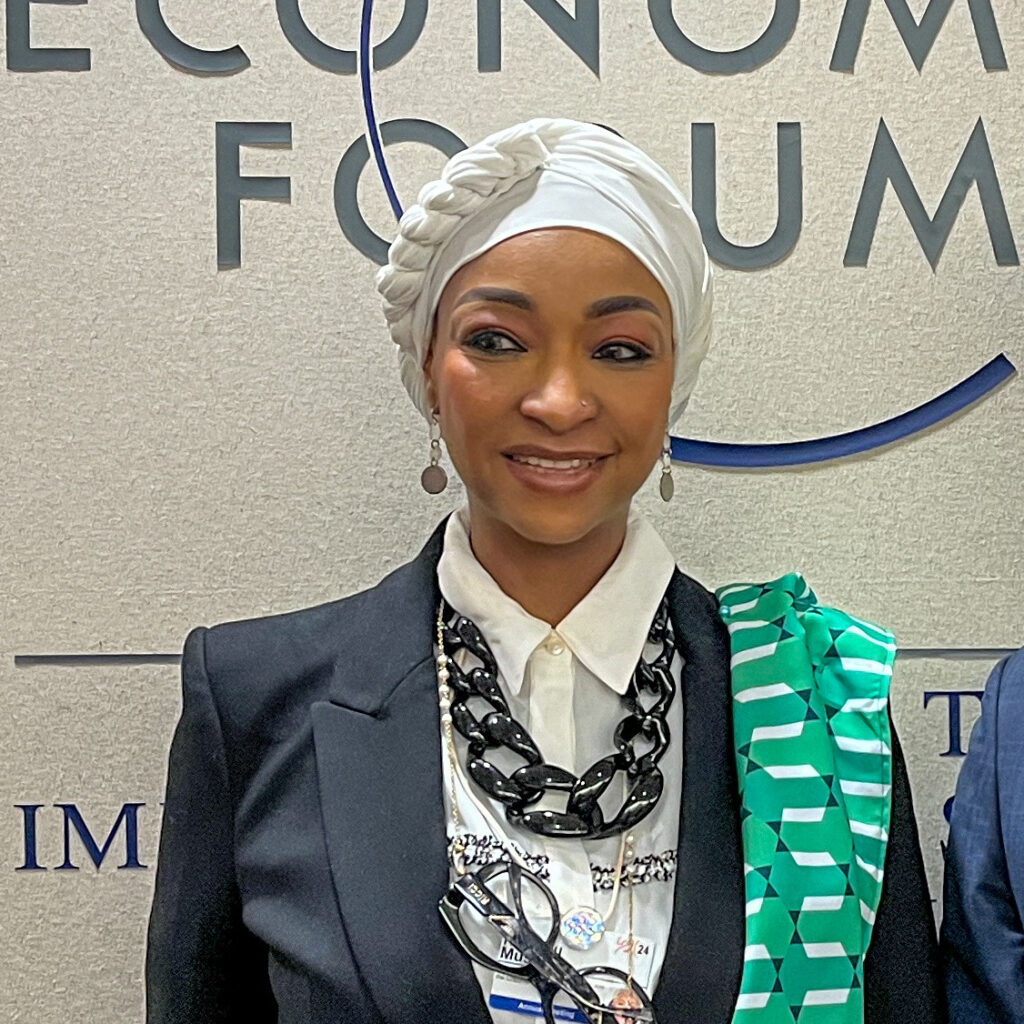
Stakeholders will launch a creative accelerator programme to accelerate investment and the development of strategic initiatives, providing capital and capacity building to creative enterprises.
“Under International Culture Promotion, the Ministry will establish a culture promotion office collaborating with Nigerian embassies abroad, to promote Nigerian arts, culture, and creative economy, and leverage AFCTA to boost Nigerian creative output export regionally and globally.
“For Intellectual Property Monetisation, the Ministry will seek to establish Globally standardized CMOs (Collection Management Organisations) for most of the sectors, launch a Copyright Oversight Initiative in partnership with the Nigeria Communications Commission (NCC) to enhance tracking, monitoring, and enforcement of copyright standards, ensuring CMOs’ adherence to CISAC standards.
“It will also develop and implement the intellectual property framework and operationalize Nigeria’s IP licensing framework,” she said.
Musawa said Nigeria’s creative economy has the potential to grow by 400% by 2027. In the long run, the sector will be able to make great strides and realize its vision.
To help achieve the government’s employment target in the creative industry, the minister announced that the ministry has partnered with a major international development partner, BigWin Philanthropy, to implement an innovative capacity-building and job-creation strategy. What you need to know.
More Information;
According to the National Bureau of Statistics, Nigeria’s creative industries account for a very small proportion of the country’s overall GDP.
The industry contributed just 1.2% to Nigeria’s GDP in 2022, the lowest contribution compared to other African countries such as Morocco (2.7%), South Africa (3.0%) and Egypt (4.3%).
Nigeria also performs poorly in terms of its ability to generate government revenue from the sector (1.0%) compared to South Africa’s 12.5%.


